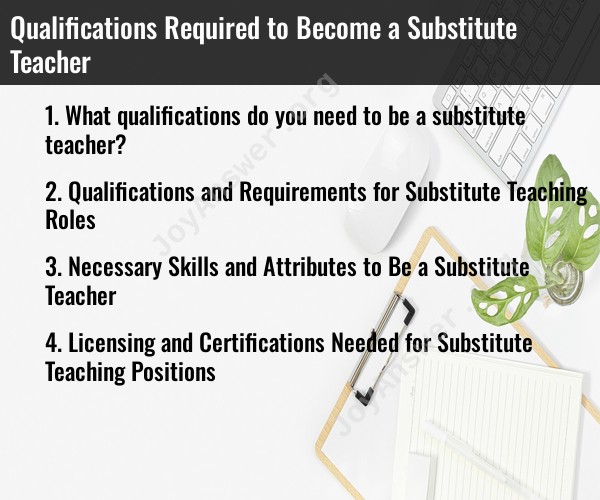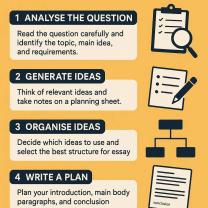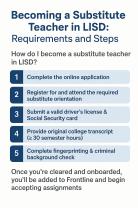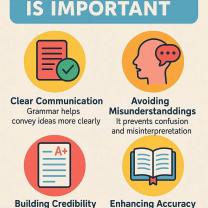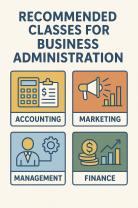What qualifications do you need to be a substitute teacher?
Qualifications required to become a substitute teacher can vary depending on the school district and state regulations. However, there are common requirements and qualifications that are typically expected of individuals seeking to become substitute teachers. Here are general qualifications:
Educational Requirements:
- At a minimum, substitute teachers usually need a high school diploma or equivalent. Some school districts may prefer candidates with higher education, such as an associate's or bachelor's degree.
Teaching Certification (Preferred):
- While not always required, having a teaching certification or being in the process of obtaining one can enhance your prospects as a substitute teacher. Some states or districts may require certification for long-term or frequent substitute teaching.
Background Check:
- A clear criminal background check is a standard requirement for substitute teachers. This is done to ensure the safety and well-being of students. Any criminal history may impact eligibility.
Application Process:
- Complete the substitute teacher application process for the specific school district where you wish to work. This typically involves submitting a resume, completing an application form, and providing references.
Interview:
- Some districts may require an interview as part of the selection process. This interview may be conducted by school administrators or human resources personnel.
Orientation and Training:
- Attend any required substitute teacher orientation or training sessions provided by the school district. Training may cover classroom management, district policies, and emergency procedures.
Availability and Flexibility:
- Demonstrate availability and flexibility in accepting substitute teaching assignments. School districts often appreciate substitutes who can cover various subjects and grade levels.
Communication Skills:
- Strong communication skills are essential for substitute teachers. You should be able to effectively communicate with students, teachers, and school staff.
Patience and Adaptability:
- Substitute teachers should be patient and adaptable to different classroom environments. Each assignment may come with unique challenges, and flexibility is key.
Health Requirements:
- Some districts may require a physical examination or health screening to ensure that substitute teachers are fit to work in an educational setting.
Professionalism:
- Exhibit professionalism in your interactions with students, staff, and parents. Dress appropriately and adhere to the school's code of conduct.
Specialized Skills or Endorsements (if applicable):
- Depending on the district's needs, specialized skills or endorsements (such as in special education or foreign languages) may be preferred or required for certain assignments.
It's important to note that specific requirements can vary from one school district to another, and state regulations may influence the qualifications needed to become a substitute teacher. Prospective substitute teachers should contact the human resources department of the school district where they intend to apply for the most accurate and up-to-date information on qualifications and the application process.
Qualifications and Requirements for Substitute Teaching Roles:
The qualifications and requirements for substitute teaching roles can vary depending on the state, school district, and specific grade level or subject area. However, here's a general overview:
Basic Qualifications:
- High school diploma or GED equivalent: This is typically the minimum requirement for most substitute teaching positions.
- Clean criminal background check: Some states require additional background checks, such as fingerprint scans or child abuse prevention training.
- Proof of legal residency: You need to be a legal resident of the United States or have proper work authorization.
- Good health and physical fitness: You may be required to complete a physical exam to ensure you can meet the demands of the job.
Additional Requirements:
- State-issued teaching license: Some states require a valid teaching license for all substitute teachers, regardless of grade level or subject.
- Substitute teaching training program: Many states require substitutes to complete a training program, such as the Substitute Effective Teacher Training (SETT) or Effective Teacher Training (ETT).
- Subject area knowledge: For teaching specific subjects, like science or math, you may need additional qualifications or coursework.
Resources to Check Specific Requirements:
- State Department of Education website: This will provide information on your state's specific licensing and training requirements for substitute teachers.
- School district website: Check the job postings or contact the Human Resources department for details on specific school district requirements.
Necessary Skills and Attributes to Be a Substitute Teacher:
Being a successful substitute teacher requires more than just meeting the qualifications. Here are some essential skills and attributes:
- Strong communication and interpersonal skills: You need to be able to connect with students of different ages and backgrounds, build rapport, and communicate effectively.
- Classroom management skills: You should be able to maintain order, ensure student engagement, and handle disciplinary issues effectively.
- Adaptability and flexibility: Each day and classroom will be different, so you need to be able to adapt your teaching methods and approach to different situations.
- Organization and time management skills: You need to plan your lessons effectively, manage your time efficiently, and handle multiple tasks simultaneously.
- Patience and compassion: Working with students can be challenging, so you need to be patient, understanding, and supportive.
- Creativity and resourcefulness: You should be able to come up with engaging activities and use available resources to deliver effective lessons.
- Passion for learning: A genuine interest in education and a desire to help students learn will make you a more effective and inspiring teacher.
Licensing and Certifications Needed for Substitute Teaching Positions:
As mentioned earlier, licensing and certification requirements for substitute teachers vary by state. Here's a general breakdown:
- No license required: Some states allow individuals with a high school diploma or GED to become substitute teachers after completing a training program.
- Emergency license: Some states offer an emergency license for those without a teaching license, often valid for a limited time period.
- Standard teaching license: Many states require a valid teaching license for all substitute teachers, regardless of grade level or subject.
Additionally, some states may require specific subject area endorsements or additional certifications for teaching certain subjects, such as special education or English as a Second Language (ESL).
Remember: It's crucial to research the specific licensing and certification requirements for your state and the school district you wish to work in. The information provided here is a general overview and may not apply to all situations.
I hope this information helps you understand the qualifications, skills, and certifications needed for substitute teaching roles. Feel free to ask any further questions you may have about specific requirements, training programs, or career opportunities in substitute teaching.
